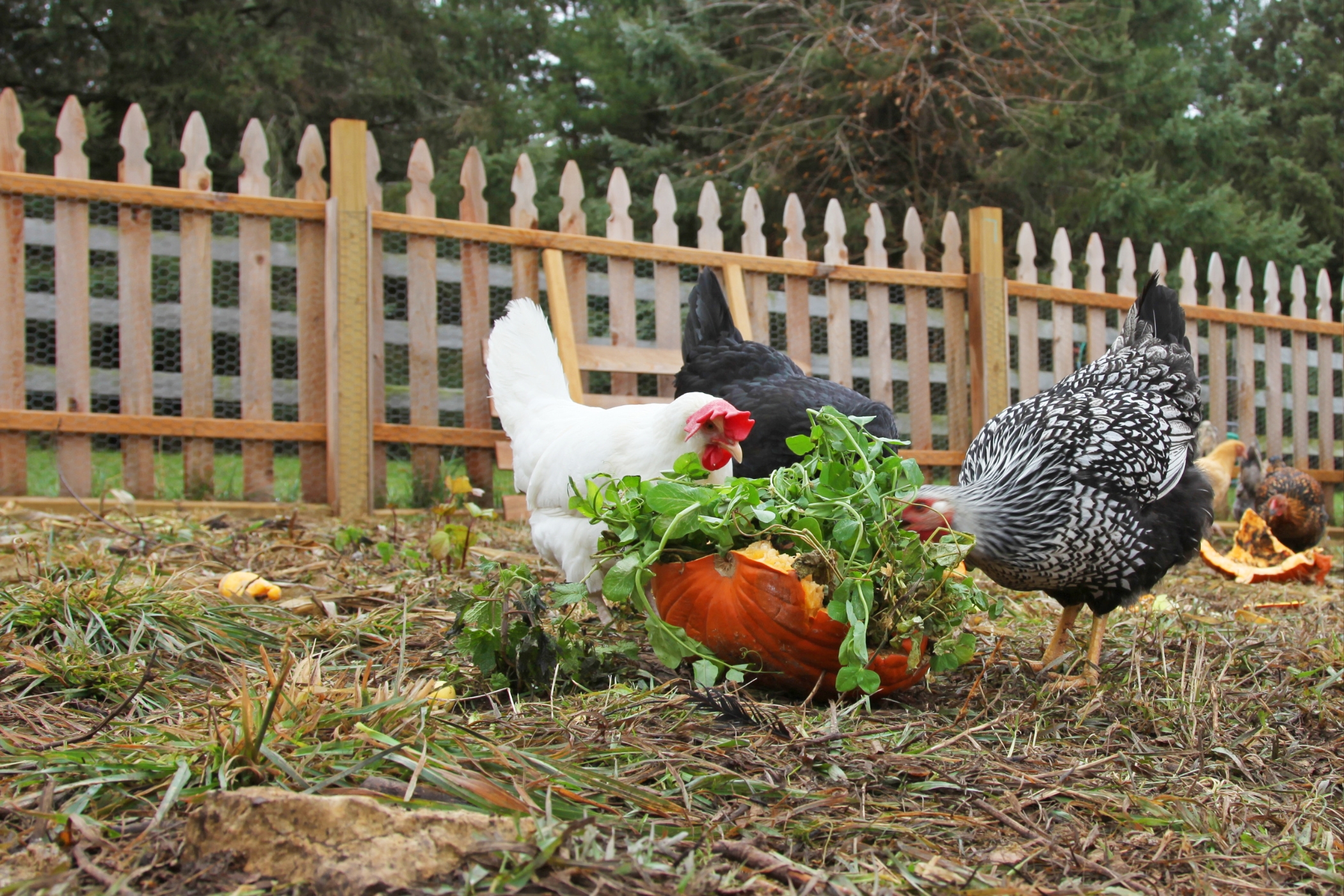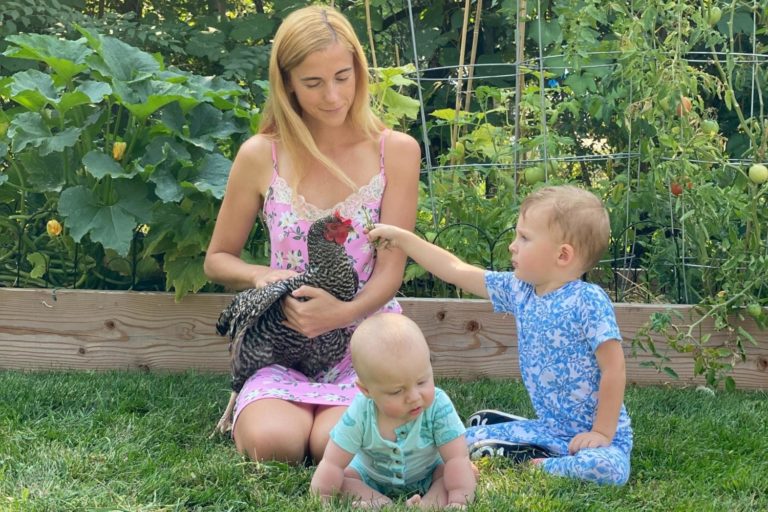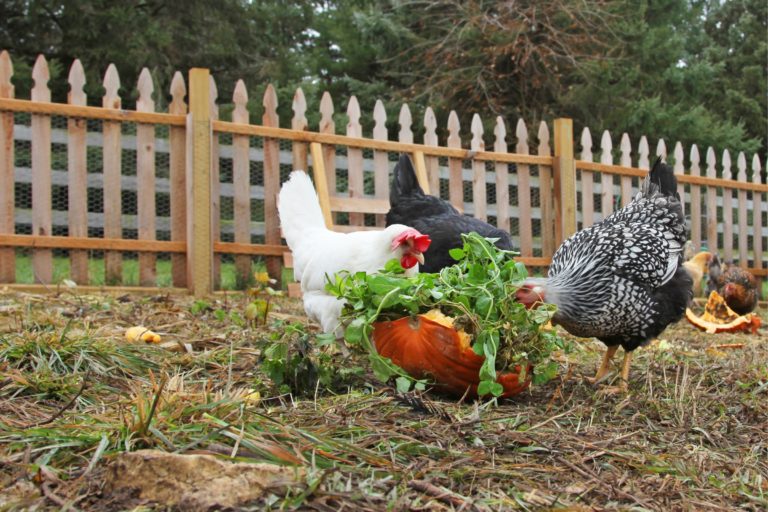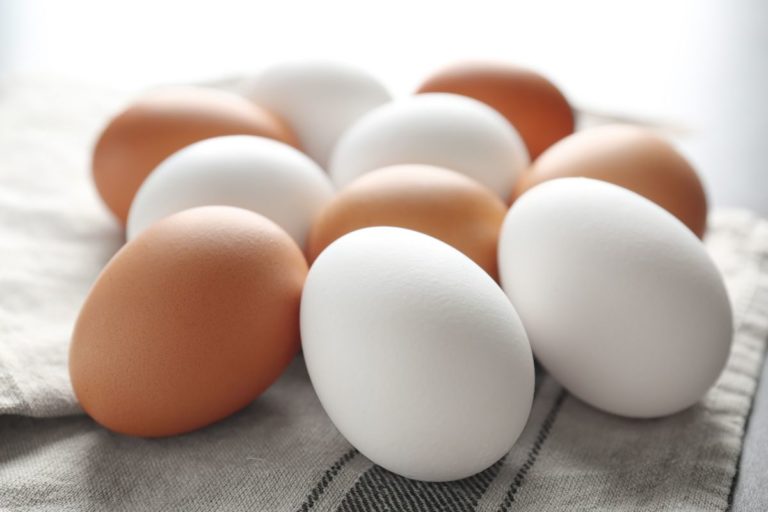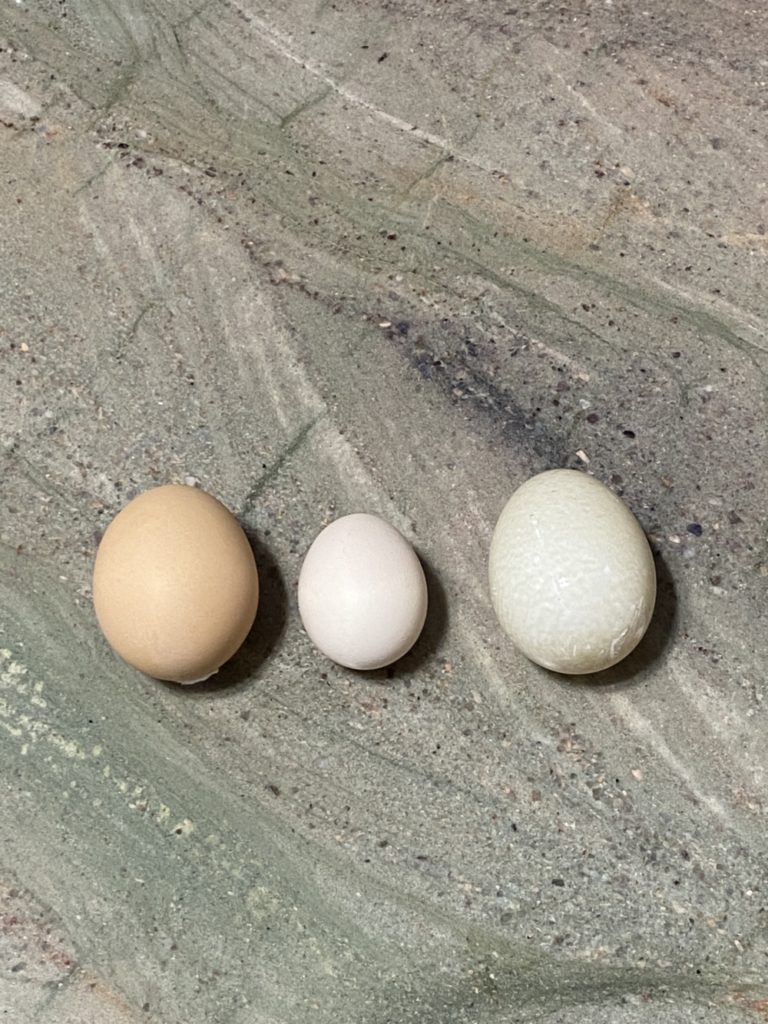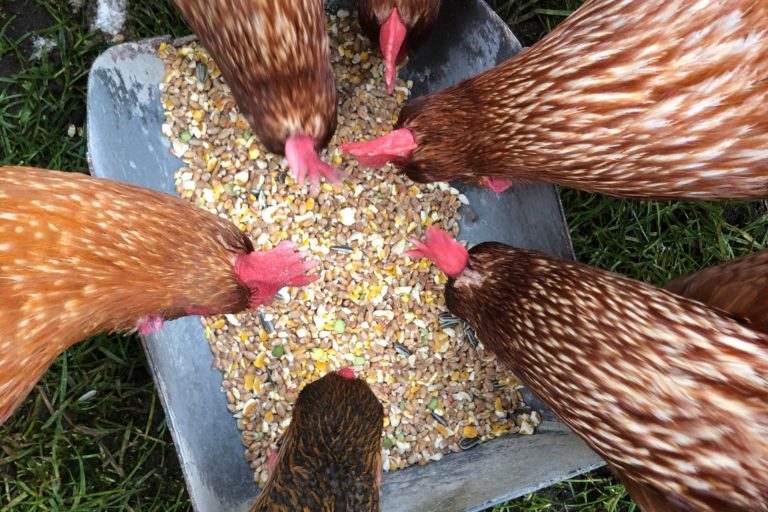Best Chicken Treats (and What Not to Feed Chickens!)
Giving your chickens the right amount of nutrition is essential to keeping them active and healthy. But doing that while also taking care of their physical and mental stimulation is even better. Chicken treats are the perfect solution to this. You can use treats to keep your chickens entertained and active, while also supplementing their nutritional needs.
With so many treat options available, it can be hard to know what the best treats for chickens are and what you need to avoid. After all, chickens can’t eat everything you might want to give them!
Whether you’ve been keeping chickens since your grandma showed you how, or whether just starting out with raising backyard chickens, you can always do a bit more to make your chickens happy. Let’s take a look at the best chicken treats and what not to feed your chickens.
Best Treats for Chickens
There are a lot of options out there if you’re trying to find toys and treats for your chickens. Some of the best treats for chickens include:
1. Kitchen Scraps and Fresh Greens
Kitchen scraps are an affordable way to offer your chickens treats. However, you need to be cautious of what scraps you give your chickens. Chickens tend to do best with scraps of fruit, vegetables, Cracked corn, bread, rice, and pasta.
Since carb-heavy scraps like bread and pasta aren’t as nutritious, these should only be given in small quantities. Fresh greens and herbs like spinach, lettuce, parsley, and basil tend to be chicken favorites.
2. Mealworms
Chickens also love to eat insects such as mealworms. Mealworms are easy to find at most pet stores and are extremely high in protein, making them a great healthy treat for chickens.
3. Sunflower seeds
If bugs gross you out, you could also opt for some sunflower seeds, which are also high in protein and healthy fats. Scatter them across the yard and leave them for the chickens to pick.
If you want less of a mess to clean up in the backyard, buy sunflower hearts, which are basically sunflower seeds with the husks removed.
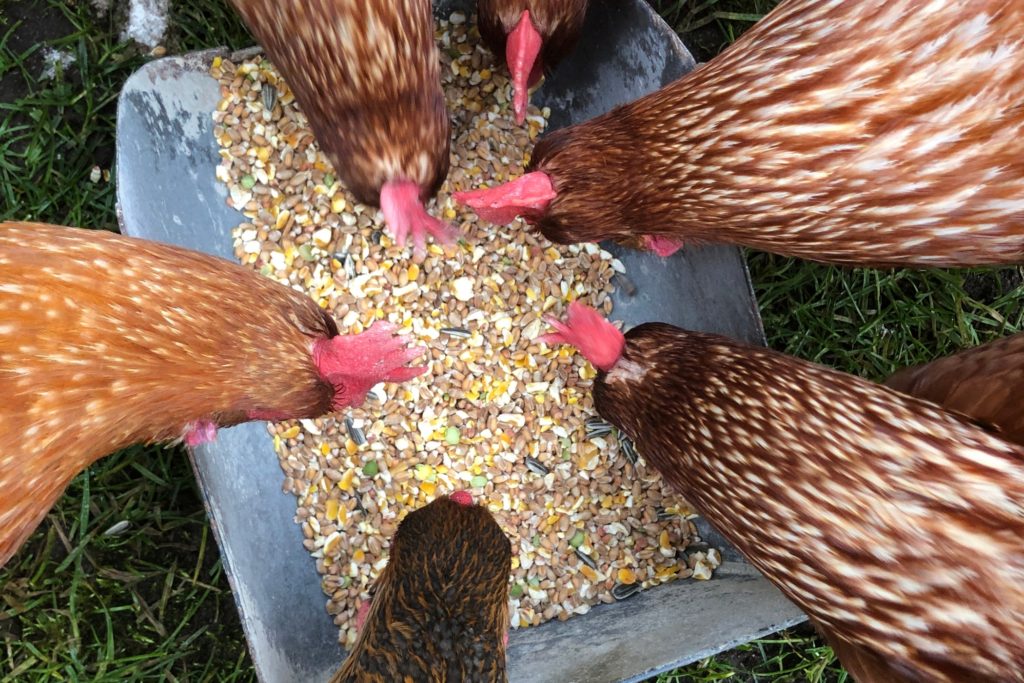
4. Herbs
Chickens love herbs as much as humans do. Be it fresh or dried herbs, they love finding them in their nesting boxes or around their dust baths.
Plus, different herbs are a great source of nutrients, vitamins, and minerals that will keep your chickens plucking healthy and energized.
You can add herbs such as antibacterial thyme, stress-relieving lavender, vitamin-rich parsley, cooling mint, or healing calendula to their diets. Fresh herbs go in the nesting box, while dried herbs go in the feed or can be scattered around the yard.
Make sure you avoid herbs such as henbane which can cause coma or death, or aloe vera and comfrey which can cause liver failure in chickens.
If you’re just starting out keeping chickens, buy a mixed pack of nesting herbs and test which your chickens love the best.
5. Grit
Like many other species of backyard birds, chickens sometimes need grit to help them digest their food. Consider crushed eggshells or tiny pebbles as a treat for your chickens occasionally.
You can also purchase granite grit that includes probiotics to help the chickens with their digestion.
What to Avoid Feeding Your Chickens
While chickens love eating everything, chickens really can’t eat everything. There are a few different foods you need to avoid feeding your chickens as a treat. Some of the most common toxic foods for chickens include:
- Avocado
- Rhubarb
- Chocolate
- Green potatoes
- Tomato leaves
- Onion
- Garlic
- Raw beans
- Moldy food
- Alcohol
While some of these, such as moldy food and alcohol, are more obvious, others you must be more intentional about avoiding. Many of these foods contain persin, theobromine, oxalic acid, solanine, tomatine, and hemagglutinin, which are all toxic to chickens. In addition, garlic and onion can cause anemia in your chickens over time.
It’s also important to note that while some produce is okay to feed to chickens, certain parts of the plant (like the leaves and stems) may be toxic and should be avoided.
Chickens are opportunistic feeders and will eat pretty much anything, so it’s important to keep an eye on what they are eating and remove any potentially harmful items from their reach.
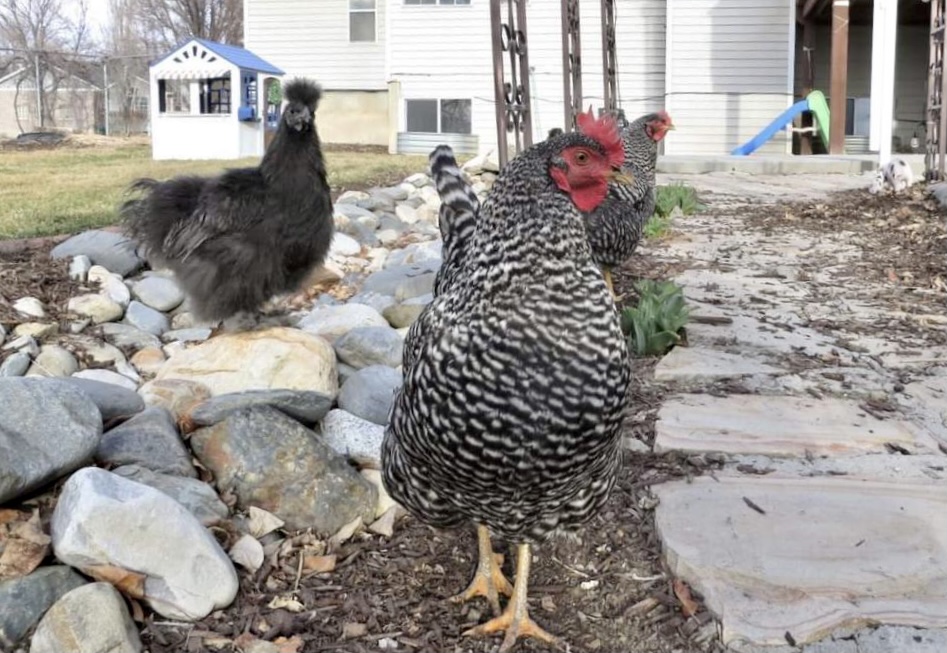
Remember that some of the best treats for chickens include kitchen scraps, mealworms, sunflower seeds, cracked corn, fresh greens and herbs, and grit.
However, it’s important to remember that treats should be given in moderation as too many treats at once can disrupt the balance of a chicken’s diet. The majority of your chicken’s diet should be chicken feed, while treats are only offered as a supplement or occasional snack.
Additionally, make sure you avoid certain foods that can be toxic to chickens such as avocado, chocolate, rhubarb, green potatoes, tomato leaves, onion, garlic, moldy food, raw beans, and alcohol. If you suspect your chickens can access any of these types of food, make sure you remove them from their reach.
As long as you follow this guide, you’ll have happy, healthy backyard chickens in no time.

